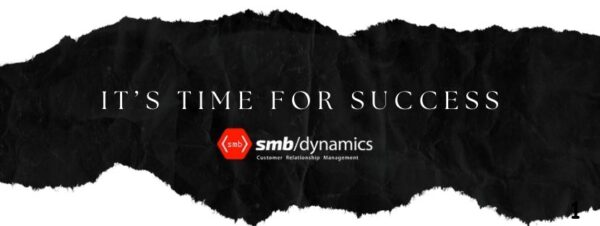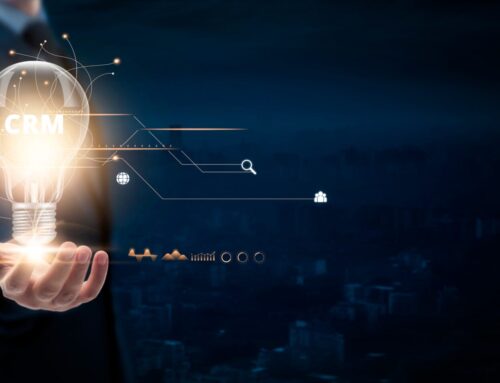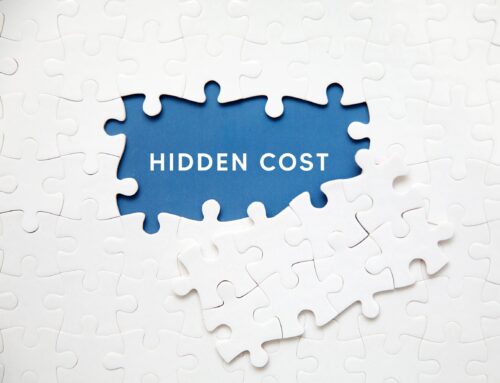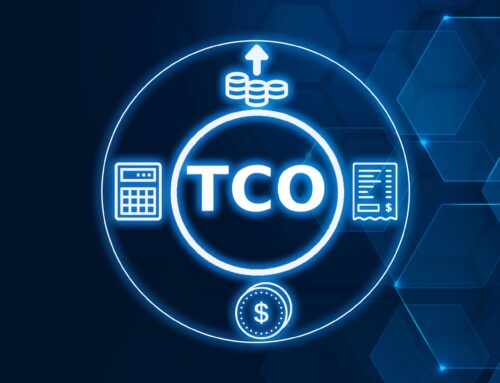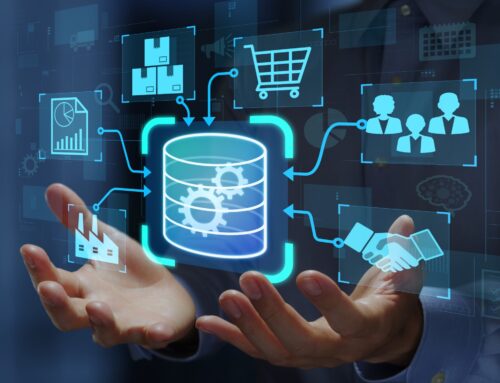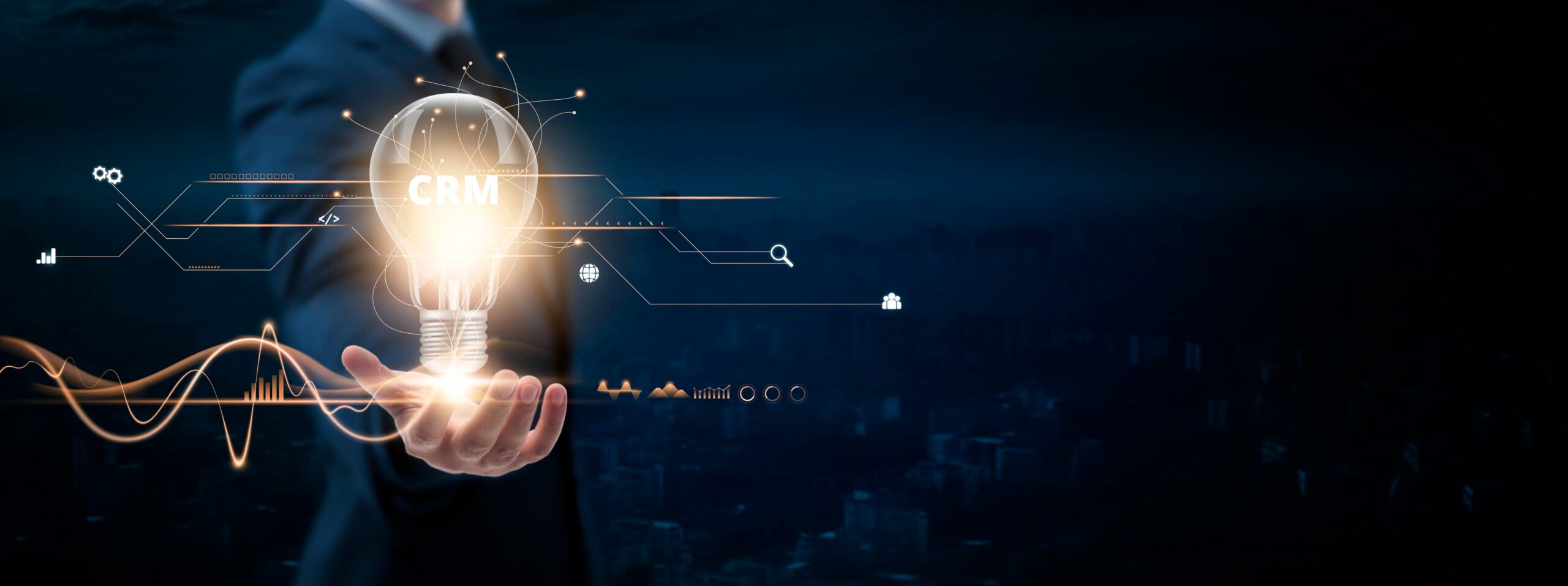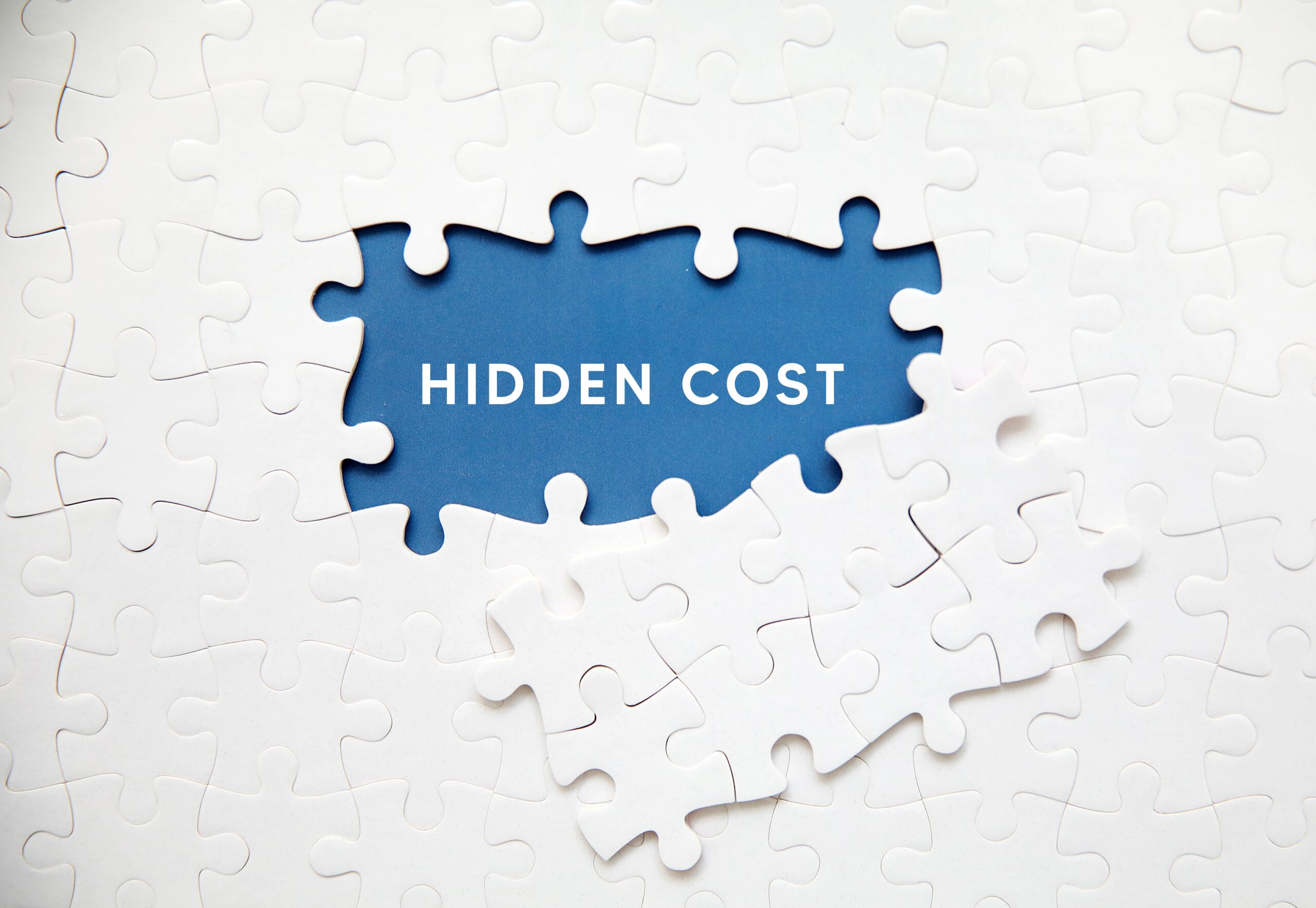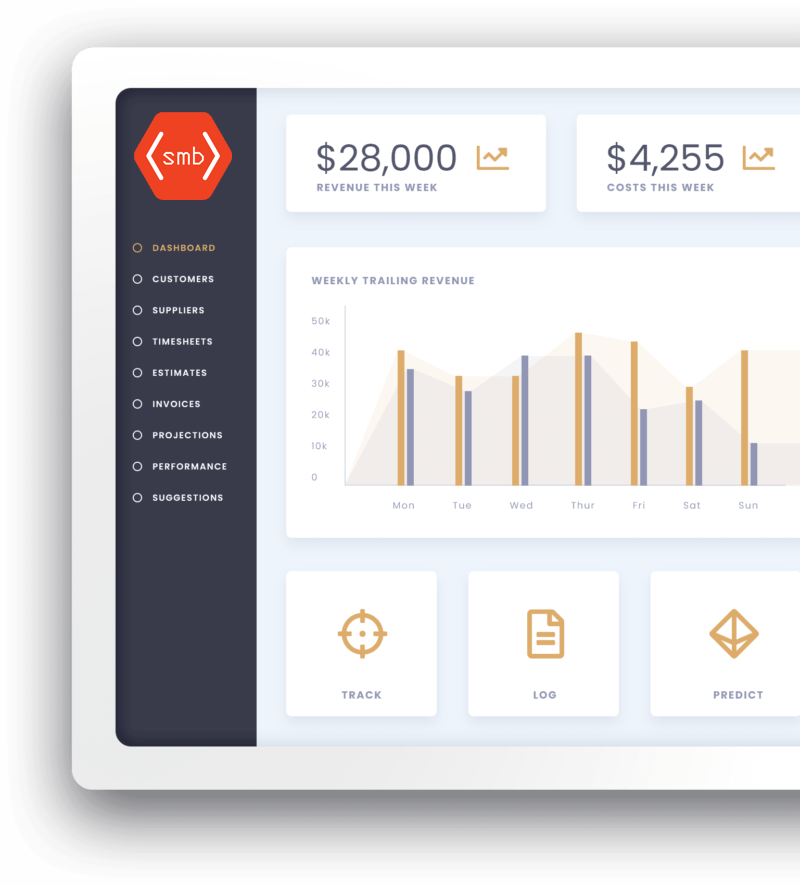
You don’t need to be a large enterprise to be subject to data security laws.
If your business:
-
Collects customer data
-
Operates in regulated industries
-
Does business across state lines
…it is your legal obligation to protect data and comply with applicable laws. Consequently, selecting a CRM system with strong security and compliance should be at the forefront of your decision-making process.
After all, your CRM holds sensitive customer data, and protecting that information is crucial not only for legal compliance but also for maintaining customer trust. From data encryption to regulatory compliance, knowing what to look for can help you choose a CRM that safeguards your business and your customers.
Proper ✅ Integration, i.e., the secure connections between your CRM system and other business tools, will ensure data security and compliance. The link below will take you to an article that can help you make an informed choice; one that aligns with your risk management strategy.
✅ CRM integration
Data Encryption
Data encryption is a fundamental aspect of CRM security. Your CRM platform should encrypt stored data (at rest) and data in transit (moved between systems), ensuring protection from unauthorized access or capture. A properly implemented CRM system will communicate with your other business tools securely.
When selecting your CRM, look for an encryption standard such as AES-256, which is one of the most secure encryption methods available. Be sure to include security and compliance when setting your CRM budget.
Controlling System Access
Deciding who can view, edit, or delete information is obviously a critical part of securing your CRM platform. So, when comparing systems, it’s important to look for systems that offer role-based access controls. Role-based controls allow you to set permissions based on each user’s role within the company and helps safeguard sensitive data.
Working from a “need-to-know” scenario is not a matter of trust, but mitigates the risk of accidental and malicious data breaches.
Consequently, access control requires careful planning, especially in larger organizations. With ✅ professional help, access control, critical for maintaining long-term security, will ensure proper configuration and optimization for your business.
Meeting Legal Requirements
Depending on your industry and location, specific data protection regulations, such as the GDPR in Europe or HIPAA in the United States may apply. Regulations of this type mandate certain standards for data security, transparency, and customer rights. It essential to confirm that your CRM platform supports compliance with the laws relevant to your business.
CRM platforms can vary regarding compliance features such as automated data deletion policies, customer data access controls, and consent tracking. It is important to verify that any customizations of your CRM system won’t compromise this compliance. Compliance not only helps avoid legal penalties but also strengthens customer trust.
✅ DIY vs. professional implementation
Security Updates: Staying Protected Against Evolving Threats
Cyber threats ever changing; protect against one, and they develop another. Making it crucial that your CRM provider releases regular security updates. Updates patch vulnerabilities and strengthen the CRM’s defenses against latest threats, without which, holes remain in your security.
When evaluating CRM platforms, look for providers with a proven a track record of security compliance. Often overlooked expenses, ✅ ongoing maintenance and updates need to be a part of your budget to keep your CRM secure throughout time. A CRM platform with a commitment to security will help you stay ahead of potential threats and maintain customer confidence.
✅ The Total Cost of Ownership
Disaster Recovery
A comprehensive CRM security strategy includes data backup and disaster recovery. Data redundancy and a reliable disaster recovery plan will save your business if there is ever a breach, hardware failure, or natural disaster. Although ✅ an expensive part of your system, it is invaluable in the face of Ransom Ware, or other security breaches that cost businesses BILLIONS annually.
Incorporating a solid backup and recovery plan can prevent days, or even weeks of lost business should a breach happen. A well integrated backup plan determines how quickly you restore your locked, lost, or stolen customer data. (Which happens less frequently with due diligence given to security and compliance.)
✅ Hidden Costs of CRM
Choosing a CRM with Security and Compliance in Mind
It is imperative to evaluate potential CRM platforms for backup and recovery features. For both protection and peace of mind, remember that a secure CRM isn’t just a legal requirement—it’s a valuable asset for building trust with your customers. In the meantime, you can rest a bit easier know that compliance and security are in place.
Need help evaluating your options?
Related articles
February 19, 2026
February 19, 2026
February 19, 2026
February 19, 2026

